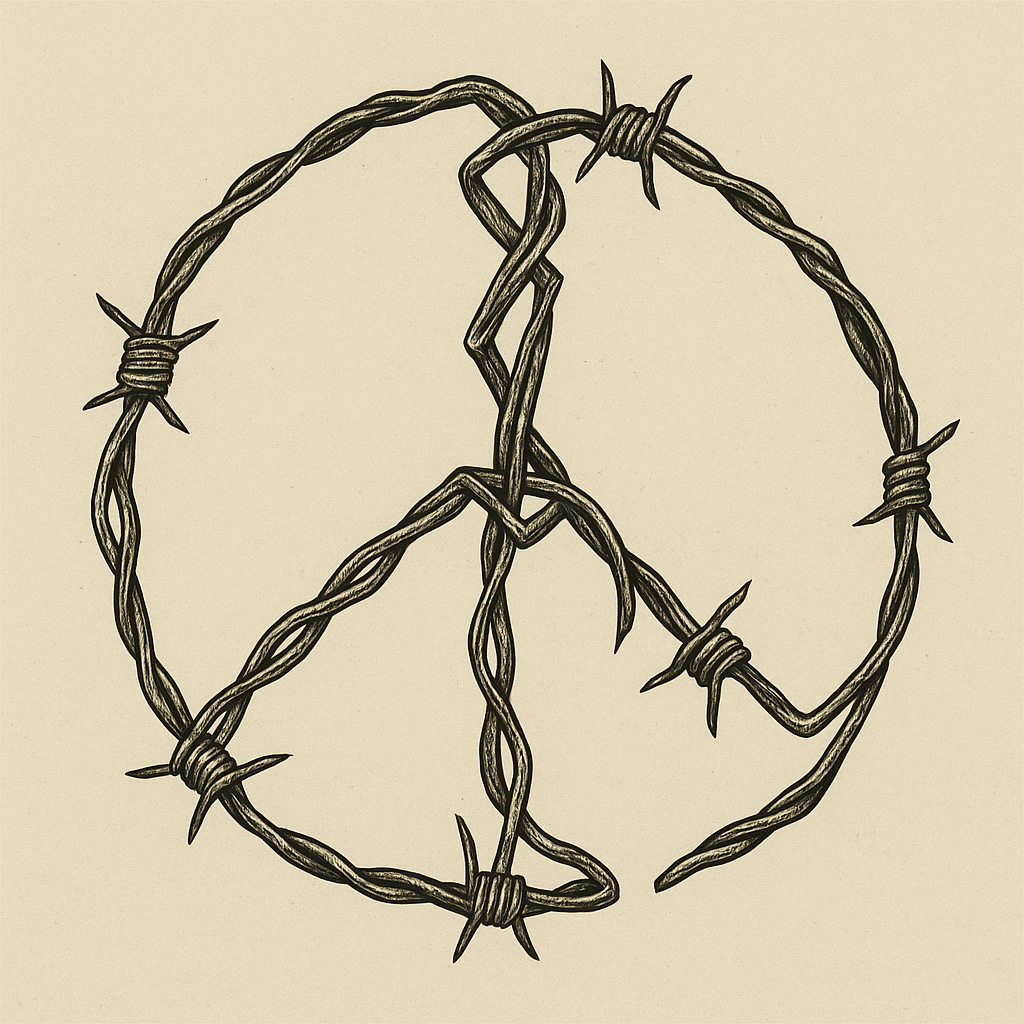✍️ If That’s True, Come Home
Why are U.S. troops still in the Middle East if their main mission is just protecting themselves?
When Secretary of State Marco Rubio said on Thursday that the U.S. had no involvement in Israel’s unilateral air strikes against Iran, he added something that caught my attention:
“Our top priority is protecting American forces in the region.”
Huh?
That region, of course, is the Middle East — where the United States has thousands of troops, naval vessels, and warplanes stationed in countries like Qatar and Bahrain. But if the main reason they’re there is to protect themselves from getting hurt in a war we didn’t start, it’s time to ask:
Why are they still there?
The U.S. government says we’re not involved in Israel’s attack. But we’re clearly bracing for blowback — pulling diplomats from Iraq, warning Iran not to target American personnel, and preparing for what could be a regional war.
And why? Because our troops are in the line of fire, on high alert in a place where tensions are already sky high.
This is circular logic at its worst. We keep forces in the Middle East to “protect our interests.” But now we’re saying the interest we’re protecting is … the forces we’ve already sent there. That’s not a strategy. That’s mission drift — when staying somewhere becomes the goal instead of serving one.
In fact, with our troops now acting as a kind of tripwire for regional conflict, we risk getting dragged into a war we didn’t choose, based on decisions we didn’t make. Add to that the muddled goals and mixed messages from Washington, and it’s no wonder public trust wears thin.
Yes, the U.S. has long-standing alliances in the region. Yes, Iran’s nuclear ambitions and regional influence are serious concerns. But that doesn’t mean our military should stay stuck in a cycle of deployment and risk without a clear mission — especially when the risk of escalation is beyond our control.
And let’s not pretend our presence is reliably moderating others’ behavior. If one goal is to prevent allies like Israel from unleashing unrestrained violence — as we’ve seen in Gaza and now fear with Iran — it’s fair to ask: Is that working?
With all our diplomatic and military influence, we’ve failed to stop the destruction of entire neighborhoods and the killing of thousands of civilians. That’s not just a failure of foreign policy — it’s a moral failure.
So I say: If our top priority is simply to keep our troops safe, then bring them home. That would be the most direct, effective way to protect them — and to stop pretending that presence equals purpose.
We don’t need to be the Middle East’s permanent armed guard. We need a smarter, clearer foreign policy — one that puts diplomacy, restraint, and true security first.
And we need to spend our money more wisely — protecting ourselves and our democratic allies through stability and strength, not death and destruction. It’s time to invest in enhancing lives, not aiding in destroying them.
Call to Action
Tell Congress: It’s time to rethink our military presence in the Middle East. Ask your senators and representative to demand a clear mission, full accountability, and real oversight for any U.S. deployment.
If the goal is just to stay safe, we can do that far better — and far cheaper — at home.
Contact Information: Washington's U.S. Senators and Representatives
Advocacy Groups
Human Rights & Global Sovereignty
A ranked guide to advocacy groups defending human rights, self-determination, and justice in global conflicts — including the Israeli-Palestinian crisis.
Peace, Defense Spending & Nuclear Arms Control
A ranked guide to advocacy groups fighting nuclear weapons, bloated budgets, and endless wars.
Ukraine, Democratic Values & Global Alliances
A ranked guide to organizations supporting Ukraine, defending democracy, and strengthening global alliances against authoritarianism.
🔹I followed up with a related piece about protecting our right to protest—because when truth is at risk, so are our freedoms.


